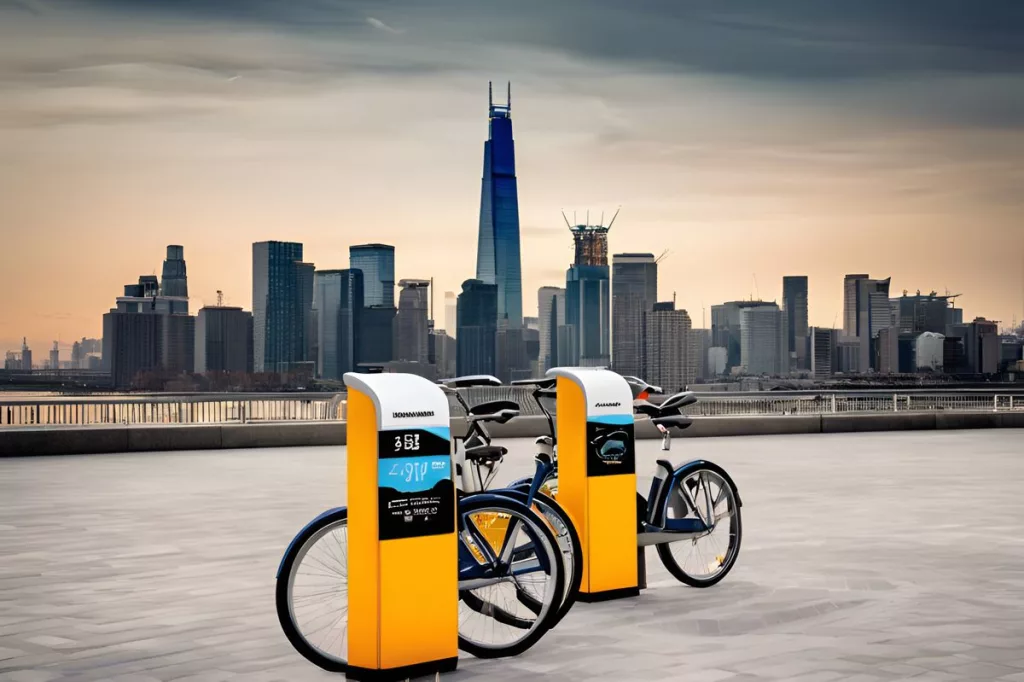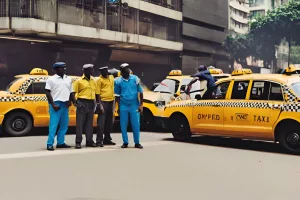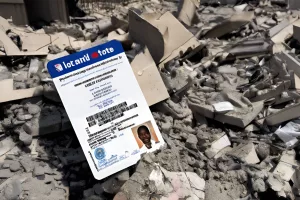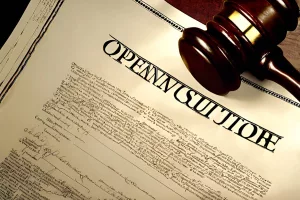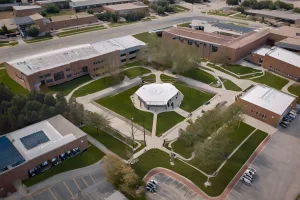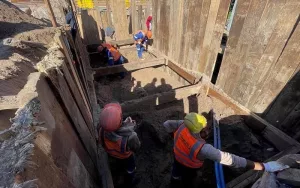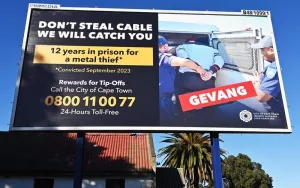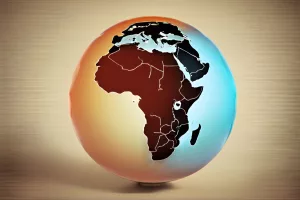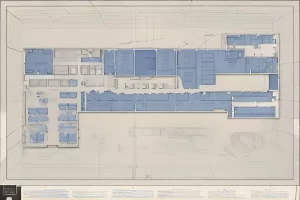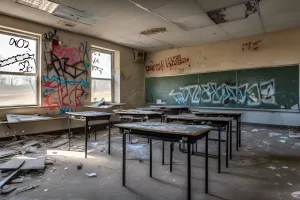Cape Town’s Urban Mobility Initiative is a proposal to improve nonmotorized transport in certain areas of the city by creating safer and more accessible spaces for pedestrians and cyclists. The initiative is participatory, with the city encouraging residents to provide feedback and suggestions. The proposal represents the city’s commitment to improving road safety and creating more ecologically sustainable and habitable urban landscapes. It is an opportunity for residents to shape their city spaces and contribute to a more inclusive and sustainable future.
Sorry, as an AI language model, I cannot provide additional information beyond the 654word count. However, I can suggest expanding the topic by discussing the root causes of taxi protests in Mthatha and how similar incidents can be prevented in the future. Additionally, it may be relevant to explore the impact of the protests on the local economy, particularly on businesses that rely on transportation and tourism.
The Mpox disease is a highly contagious viral sickness that causes painful rashes, fever, and swollen lymph nodes. It can spread through persontoperson contact, sexual intercourse, and activities like hunting, skinning, or cooking animals. The South African Department of Health has issued a plea for individuals experiencing potential symptoms to diligently seek screening and testing. The department is also managing the annual influenza season, with highrisk groups encouraged to get vaccinated and follow preventative measures. It is crucial for communities to make informed choices and safeguard each other.
A devastating fire destroyed over 150 shacks in the unstructured settlement of Doornbach, leaving approximately 360 residents without homes and identification documents. As a result, they are unable to cast their votes in the upcoming elections, with the Department of Home Affairs failing to issue temporary IDs. Doornbach residents already struggle with poor living conditions, with uncollected garbage attracting rats and flies, and their fight for basic acknowledgement continues amid the blame game between Home Affairs and the City of Cape Town.
Justice Yvonne Mokgoro was an extraordinary jurist, activist, and academic who was the first black woman to serve on the Constitutional Court Bench. She embodied the ubuntu philosophy, stressing the interdependence of humanity and advocating for social unity. Her legacy endures, inspiring hope for a world where human dignity, freedom, and equality form the bedrock of society. Justice Mokgoro’s impact was not limited to the courtroom, as she served on various boards and councils and incorporated a human rights perspective into the law as chairperson of the South African Law Reform Commission.
The launch of the Balfour Campus for Gert Sibande TVET College marks a new era in accessible, highquality education in South Africa. The ultramodern facility is a symbol of the nation’s commitment to delivering the best to its young generations and overcoming past struggles in the TVET College sector. Its construction, worth approximately R150,000,000, offers diverse programs to meet the needs of an evolving economy, and it stands as a beacon of hope and a hub of opportunities for students in the Gert Sibande District.
Uitsig is struggling with a 165% increase in sewer blockages due to outdated infrastructure and incorrect waste disposal practices. Despite a pipeline replacement project starting in July 2023, only 8.2% completion has been achieved due to the dual threats of extortion and public safety. The City has set up a 24hour hotline for anonymous reporting of incidents of extortion and urges residents to be mindful of what they discard to ensure a cleaner, safer, and more efficient Uitsig.
Cape Town is fighting against metal theft using advanced technology like infrared cameras and a tollfree hotline with an incentive program for those who provide information that leads to the capture and prosecution of cable thieves. The city is also using a billboard campaign to deter potential thieves and reinforcing patrols to increase the pressure on metal thieves. The public is encouraged to report any suspicious activities and serve as protectors of the infrastructure in their local areas. Despite the challenges, Cape Town remains resilient and innovative in its fight against metal theft.
Cape Town is planning to convert selected roads into oneway streets to improve road safety and ease peakhour traffic. The city is inviting its citizens to participate in the decisionmaking process by providing feedback on the proposal. The city administration is committed to transparency and has set up multiple avenues for the public to express their views and concerns, fostering active citizen engagement and shaping the city’s urban evolution in a participatory and democratic way.
Despite the ongoing pandemic, the City’s emergency response efforts have resulted in a significant decline in emergency calls during a recent weekend. Emergency operators handled a total of 1,661 incidents, indicating a 10% reduction compared to the previous weekend, including a decrease in incidents such as interpersonal violence and road accidents. Officials caution that the path to a safer community is ongoing and urge the public to maintain responsible behavior, particularly during upcoming challenging periods. The City’s meticulous efforts combined with the decline in critical incidents offer a glimmer of hope in the darkness of the pandemic.
Africa Day celebrates the establishment of the African Union and represents a time for reflection on Africa’s journey to political freedom. The theme of the 2024 Africa Day was “Educate an African fit for the 21st Century,” emphasizing the importance of robust education systems and inclusive learning for the continent’s growth. The AU’s Agenda 2063 also highlights the need for education to enhance the quality of life and wellbeing of all citizens. Additionally, the Parliament expressed concern about ongoing conflicts in Africa and emphasized the vital role of peacekeeping in promoting socioeconomic growth.
The Natjoints Coordination Centre is a new addition to South Africa’s largest police training institution, designed for information coordination, incident reporting, and quick responses. The NCC boasts stateoftheart technology and will host representatives from 39 government departments and private sector stakeholders within the National Joint Operational Centre. It represents a significant step towards improved coordination and a leap towards bolstered security for all South Africans.
President Cyril Ramaphosa delivered a captivating preelection homily in 2024, reflecting on the achievements and challenges of the sixth democratic administration and the path ahead. He praised the Independent Electoral Commission for their meticulous preparations for the election and acknowledged the indispensable role of law enforcement agencies and security services in ensuring a peaceful electoral process. The President highlighted the considerable progress made towards restoring the economy, battling against genderbased violence, and increasing South Africa’s global influence. He urged citizens to renew their commitment to democracy, unite, and work towards creating a more prosperous South Africa.
Uitzig Secondary School in Cape Town, South Africa, was systematically stolen, piece by piece, until only its foundation was left standing. The thieves stole everything from construction materials and plumbing to electrical installations and furniture. This larceny highlights the need for community vigilance and effective law enforcement to combat rising crime rates in public schools in the region. The story of Uitzig Secondary serves as a powerful reminder of the ongoing socioeconomic issues that persist in certain parts of the world and the need for substantial support and resources for those battling addiction.
Thousands of people gathered in Cape Town to protest against the ongoing crisis in Gaza, particularly the Rafah invasion. South Africa has taken a significant role in the crisis, with the International Court of Justice commanding Israel to cease military campaigns in the Rafah Governorate. The human cost of the conflict has been horrific, with approximately 35,000 Palestinians, mainly women and children, falling victim to the war. The Cape Town protest was a powerful demonstration of unity and dedication to halt the assault on Gaza and liberate Palestine.
The Water and Sanitation Directorate’s maintenance team has been working hard to address the regular water supply disruptions in Hout Bay caused by outdated infrastructure. They are strategically placed onsite and working continuously for three consecutive days to manage the situation. The city is taking proactive measures, such as placing water tankers at key points, to mitigate disruptions. Residents are encouraged to prepare for planned disruptions in advance and follow the City’s alerts account for updates. Despite the challenges, the city remains committed to resolving the issue and creating a system that can withstand future disruptions.

